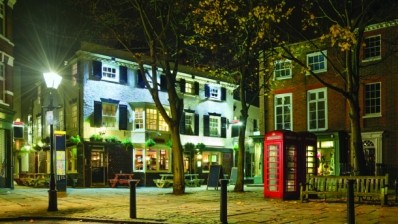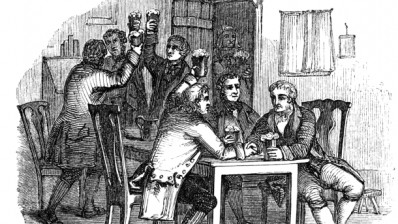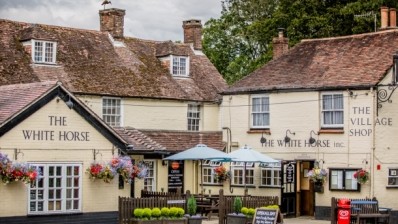Analysis
Are there reasons to be optimistic about pub property?

Whether you’re in the market to sell your pub or concerned about how big the bump in the road will be following MRO (market rent-only option) legislation, the chances are you’ll need your ear to the ground about what the big property players are saying right now.
Combined, the Fleurets and Christie & Co reports on the pub sector represent the best barometer of what’s in store for 2016 but, while the two share common ground, there are points where they differ.
Let’s start with some good news and a healthy degree of optimism about the state of pub properties in 2016.
Prices are increasing and demand is high — Christie & Co found average pub property prices rose more than the restaurant sector, 10.1% growth compared to 9.9%, while Fleurets noted average freehold price was up 5.5%.
Along with a levelling out of the number of pubco disposals and distressed pubs coming to the market (Christie & Co’s distressed sales halved in 2015), all signs point to a stable, sustainable climate for the pub sector... when was the last time we were able to say that?
The role managed house portfolios will play is universally agreed as significant to everyone in the industry.
This market share will continue to grow and, in contrast to the large corporate deals that took place in 2015, merger and acquisition of single sites and smaller multiple operators is the current trend.
Christie & Co predicts this will provide ample opportunity for small multi-site owners to push property prices up, while Fleurets believes this is already happening, seeing 35% more sales in the freehouse market in the latter half of 2015.
Fleurets also suggests many operators seeking better returns on their investments will look to secondary regional towns as prices escalate in more prominent regional hubs.
If managed estates represent the future dominant force in the sector, the worry of pub closures and pubs sold for alternative use will continue to cast a shadow.
Christie & Co, reassuringly, reported 84% of freehold pubs it sold in 2015 were to buyers retaining the pub for continued licensed use — a further 4% increase on the previous year, on top of the 17% in 2013, resulting in the highest recorded percentage in five years.
As total pub numbers in the UK have reduced, Christie & Co believes what is left are more viable trading entities.
Only 8% of the pubs it sold were for residential use and 3% were for conversion to retail convenience store use.
The story is not the same for Fleurets where 50% of the freehold pubs it sold remained as pubs with a regional division of 55% continued pub use in the south, compared to 47% in the north.
This was a 6.5% drop from the year before — similar figures to the early days of the recession — and saw 56% of pubs sold for alternative use being converted into residential properties.
Fleurets director and head of agency, Simon Hall, said: “We have continued to be successful in securing disposal instructions from all of the big tenanted pub companies and from Administrators in forced sale situations. It is this type of property that is often marginal as an operational pub and more likely to be sold for alternative use.
“We have continued to target the marketing of properties and services to a broad demographic, not just those who are already operating within the leisure trade.
“Subsequently, 50% of freehold pubs were sold for alternative use, which logically amidst a national housing crisis have included residential developments, as well as a veterinarian practice, swimming pool and a museum.”
In addition to this, Christie & Co predicts 2,000 to 3,000 pubs spread across the UK will be sold by large pub companies in the three years that follow a resolution over MRO legislation, which would, worryingly, suggest another round of pubs are at risk from change of use.
Although, because MRO is not expected until the third and fourth quarters of this year, this won’t affect the market greatly until the beginning of 2017, this provides a necessary pinch of salt to the positive vital signs being omitted by the pub sector.
Overall, the road ahead would appear less bumpy but the perpetual question mark over MRO legislation will leave many cautious about any premature positivity.







